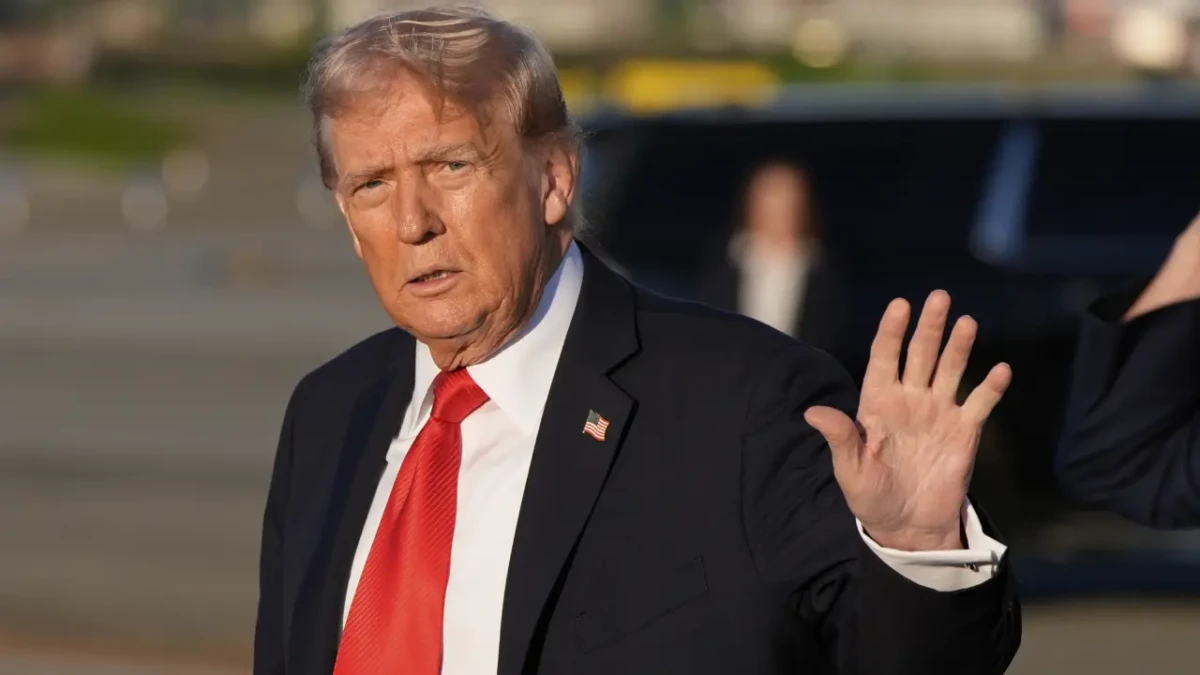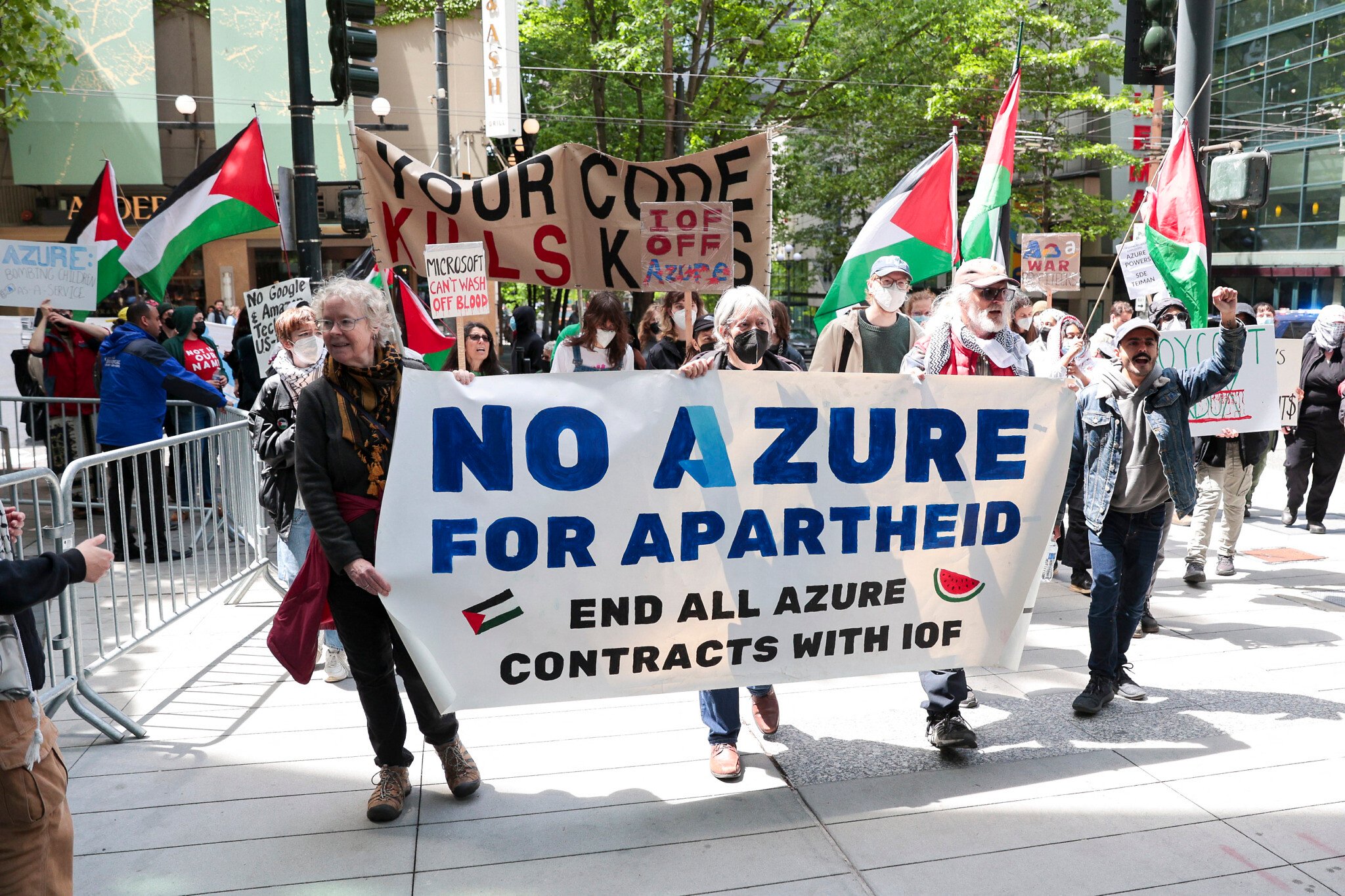US President Donald Trump’s decision to impose a $100,000 annual fee on H-1B visas has ignited sharp debate on both sides of the globe. While the move is positioned as a way to protect American jobs, industry experts and political leaders argue that it could choke innovation in the US and push talent and investments toward India. Nera News breaks down the reactions, risks, and potential opportunities.
What Has Changed in the H-1B Visa Rules
Until now, H-1B visa filing fees ranged between $2,000 and $5,000, depending on the employer’s size. Trump’s new proclamation, signed on Friday and effective immediately, makes it mandatory for employers to pay $100,000 annually per H-1B visa holder.
- H-1B visas are valid for three years and renewable.
- They are widely used by US companies to hire skilled professionals, a large share of them from India.
- Trump defended the decision as a step to “protect American workers” and curb dependency on cheaper foreign labor.
Reactions from Indian Leaders for H-1B Fee
Amitabh Kant: “Innovation Will Shift to India”
Former Niti Aayog CEO Amitabh Kant called the move “self-defeating” for the US.
- He wrote on X: “Donald Trump’s 100,000 H-1B fee will choke US innovation, and turbocharge India’s. By slamming the door on global talent, America pushes the next wave of labs, patents, innovation and startups to Bangalore, Hyderabad, Pune and Gurgaon.”
Mohandas Pai: “Offshoring Will Accelerate”
Infosys veteran Mohandas Pai argued the new costs will discourage new applicants.
- He noted that firms will shift work offshore to India rather than paying the steep fee.
- Pai expects the transition to happen within the next 6–12 months, benefitting India’s Global Capability Centres.
Kunal Bahl: “More Talent Will Return to India”
Snapdeal co-founder Kunal Bahl said the change will push Indian professionals back home.
- He recalled his own H-1B rejection in 2007 at Microsoft, which forced him to return to India.
- “It was tough initially,” he wrote, “but it turned out to be life-changing. Many professionals impacted today will find better opportunities in India.”
US Responses
Congressman Raja Krishnamoorthi
He called the move “reckless” and “unfortunate,” warning it would cut the US off from the very skilled workers who built its tech economy.
Silicon Valley Concerns about H-1B Fee
Community leader Ajay Bhutoria warned that a $100,000 fee would deter global talent and weaken Silicon Valley’s ecosystem.
The India Angle
While Indian professionals face a fresh barrier to US jobs, the long-term impact could strengthen India’s tech sector:
- Multinationals may expand operations in India to cut costs.
- Skilled workers may prefer to stay in or return to India.
- Major IT hubs like Bengaluru, Hyderabad, Pune, and Gurgaon could see a surge in demand.
Industry experts note that H-1B workers in the US are not cheap labor, with many already earning salaries above $100,000. Instead of protecting jobs, the rule may drive away top talent.
H-1B Fee – Companies Likely Affected
Data from USCIS (FY2025) shows major H-1B beneficiaries include:
- Amazon (10,044 approvals)
- TCS (5,505)
- Microsoft (5,189)
- Meta (5,123)
- Apple (4,202)
- Google (4,181)
Other firms like Cognizant, Walmart, JP Morgan, Infosys, Deloitte, LTIMindtree, and HCL America also rely heavily on H-1B workers.
Trump’s $100,000 H-1B visa fee may play well politically in the US, but experts warn it could erode America’s competitive edge while accelerating India’s rise as a global innovation hub. With top Indian voices already calling it “America’s loss and India’s gain,” the decision might reshape tech talent flows, startup ecosystems, and outsourcing patterns in the months to come.




